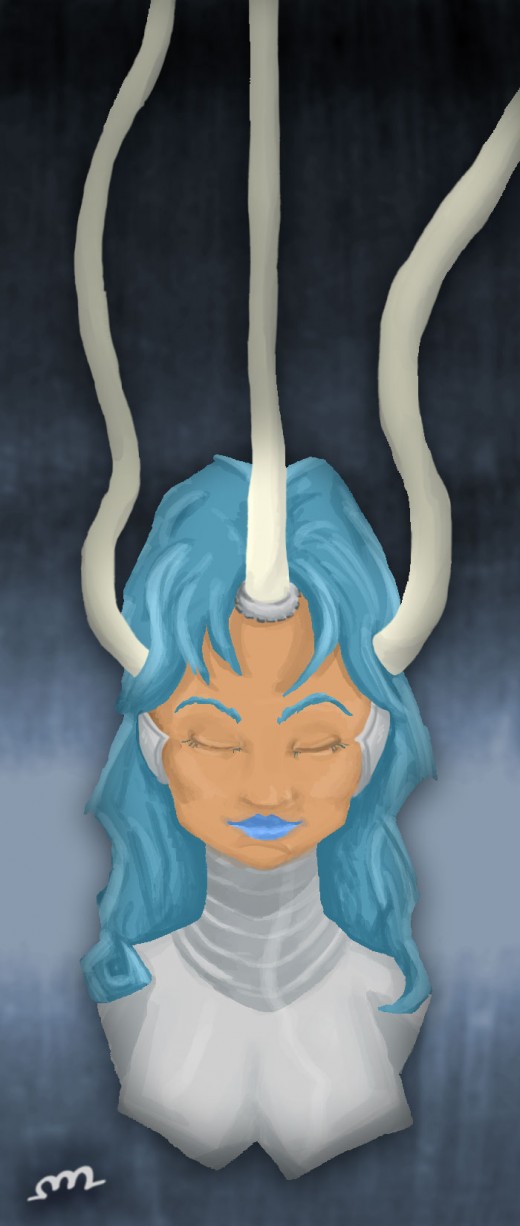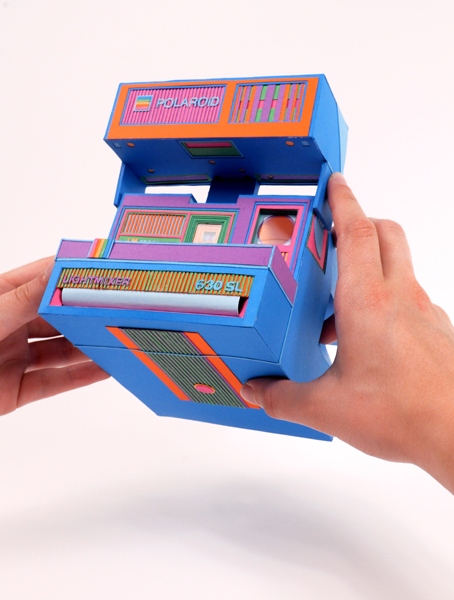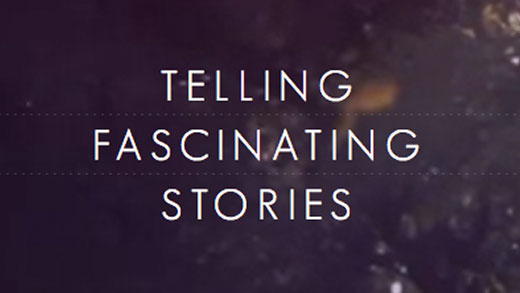June 11, 2012 - Comments Off on Managing of Media
Managing of Media
While we may be living in the information age, our increasing dependence of data also means an equally increasing dependence on interface. When I pause to think how much interface has evolved over my lifetime alone, it is truly mind boggling. I remember lying on the floor changing channels on the TV with my feet when our remote broke as a kid yet today I can control my computer from my couch with a touchscreen device. And as technology and art become more closely intertwined, the impact of interface on art and vice versa is inescapable making interface undeniably inspiring.
French design studio Zim and Zou celebrate our interface history with a joyful series of paper-craft facsimiles. While modern gadgets may be slick, it saddens me that today's kids will never know the (near) endless joy of pulling the tape out of a cassette and draping it about the room as impromptu confetti. Likewise the magic of an instant Polaroid will be lost on them as digital cameras make photos instantly viewable, no shaking necessary. Then again, they do have touch screens in their pockets so let's not pity them too much.
Yet not all interfaces have to be intuitive. There is something to be said for the joy of exploration and discovery through interaction. The studio Blacknegative creates just such an experience with their delightfully confusing website. Beyond the basic sliding page action, each individual page contains its own visual and interactive vocabulary unto itself making each a wonderful game of interactive discovery. Each click promises to reveal new tidbits making for a very engaging web experience. Add to this the superb use of HTML5 technologies like full page video and adaptive design and you get a riveting modern site.
Blacknegative manages to push how we perceive current interactive experiences while others are eagerly trying to define entirely new ones. This fascinating mini-documentary showcases new point cloud camera technology which combines traditional cameras with the affordable depth camera of the Microsoft Kinect. The interviewees address not only what makes the tool itself interesting, but how it is so unique that it requires a complete redefinition of the visual language in film. While I doubt such devices will take over Hollywood anytime soon, I can foresee their 3D ability becoming ever greater to the point of allowing true telepresence and other immersive virtual experiences.
The Sketching Mechanism is a series of weekly posts, published on Mondays, containing the artistic musings of Mobile Designer/Developer Ben Chirlin during our Monday morning meeting at the NY Creative Bunker as well as his inspiring artistic finds of the week.
Published by: benchirlin in The Internal Mechanism, The Thinking Mechanism
Tags: 3d, design, interface, media, perspective




Comments are closed.